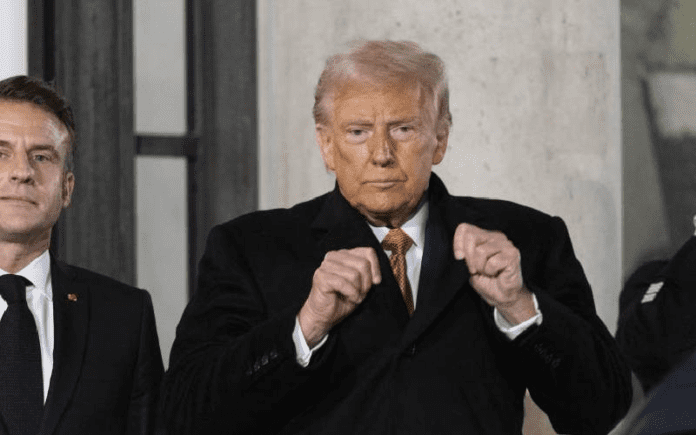
The World Health Organization (WHO) has raised concerns over the Trump administration’s decision to suspend funding for HIV programs in low and middle-income countries, warning of severe global consequences.
In a statement on Tuesday, January 28, 2025, WHO described the move as a “potential global threat”, citing the immediate shutdown of PEPFAR-supported clinics in affected countries. The U.S. government had ordered a stop-work directive on Friday, suspending all global health funding, including the President’s Emergency Plan for AIDS Relief (PEPFAR).
WHO emphasized that PEPFAR has been a critical pillar in the global fight against HIV/AIDS, providing lifesaving therapy to over 30 million people worldwide. At the end of 2023, an estimated 39.9 million people were living with HIV globally.
“A funding halt for HIV programs puts people at immediate risk of illness and death while undermining efforts to prevent transmission within communities and countries,” WHO warned in its statement.
The organization cautioned that if the suspension continues, it could reverse decades of progress and lead to a surge in new infections and deaths, reminiscent of the 1980s and 1990s HIV crisis that claimed millions of lives globally.
WHO urged the U.S. government to reconsider its decision and grant exemptions to ensure continued access to essential HIV treatment and care for those in need.
“We call on the United States Government to enable additional exemptions to ensure the delivery of lifesaving HIV treatment and care,” WHO appealed.
Established over 20 years ago, PEPFAR has been a cornerstone of global HIV intervention efforts, supporting over 50 countries and saving more than 26 million lives.
The program has provided HIV treatment to over 20 million people, including 566,000 children under the age of 15. WHO warned that the funding pause will disrupt access to safe and effective antiretroviral treatment, threatening the health of millions worldwide.
With Kenya among the nations heavily reliant on PEPFAR support, the Trump administration’s decision has sparked fears of an impending health crisis, as experts warn of a potential spike in infections and treatment disruptions.






